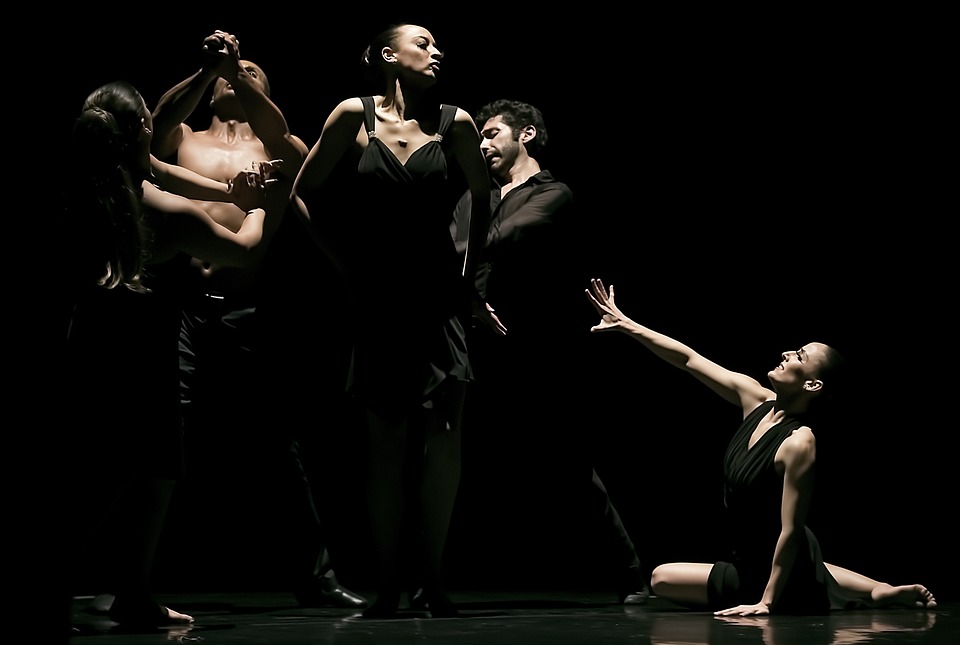The Power of DJs: How Dance Music Shaped the Electronic Music Scene
Electronic music has become a global phenomenon, captivating audiences around the world with its pulsating beats and infectious energy. From massive festivals to underground clubs, the genre has found a place in the hearts of millions. But who is responsible for bringing this powerful and dynamic sound to the masses? The answer lies in the skilled hands of DJs.
The role of the DJ has evolved over the years, from simply playing records to becoming the driving force behind electronic music’s rise to prominence. DJs are not mere curators of music; they have become the architects of entire experiences, transforming humble tracks into works of art that move bodies and captivate minds.
One of the most significant contributions of DJs to the electronic music scene is their ability to bridge the gap between the producer and the listener. In the early days of electronic music, many tracks were produced solely for personal listening or experimentation. They were not tailored for the dancefloor or a live setting. DJs recognized the potential of this music and became tastemakers, selecting the most powerful and infectious tracks to share with their audiences.
DJs possess an unparalleled intuition for understanding the energy of a crowd. They can read the room and sense when to switch gears or drop a specific track that will unleash a wave of euphoria. This skill is often developed through years of experience, honing their ability to manipulate the mood and atmosphere of a party or festival.
Furthermore, DJs have the power to introduce audiences to new sounds and styles that may have otherwise gone unnoticed. They continuously scour the depths of the music world to find hidden gems and underground tracks that push the boundaries of what is possible. This constant search for innovative music ensures that the electronic music scene remains exciting and ever-evolving.
The rise of DJ culture has also played a crucial role in democratizing music. With the advent of affordable technology and platforms like SoundCloud and Mixcloud, aspiring DJs can create and share their mixes with the world. This has given rise to a vibrant underground scene, where talented individuals can gain recognition and build fan bases without depending on traditional gatekeepers.
This democratization has also extended to producers, as DJs often serve as ambassadors for up-and-coming artists. By including their tracks in their sets, DJs provide a platform for these talented individuals to reach a wider audience. This symbiotic relationship between DJs and producers fuels innovation in electronic music and allows for the continuous reinvention of the genre.
The power of DJs goes beyond simply playing music; they are cultural influencers with the ability to shape trends and create movements. Through their skillful selection and mixing of tracks, they can create a shared experience that unites people from different backgrounds and cultures. The dancefloor becomes a sanctuary where everyone can lose themselves in the music and find a sense of belonging.
In conclusion, the rise of electronic music would not have been possible without the influence of DJs. Their ability to curate, innovate, and create an immersive experience for their audiences has propelled the genre to new heights. As we continue to celebrate the power of DJs, it’s important to recognize and appreciate the pivotal role they play in shaping the electronic music scene.

